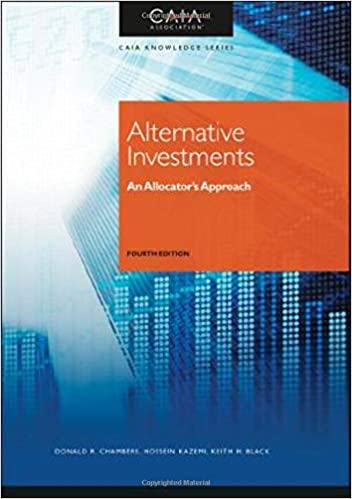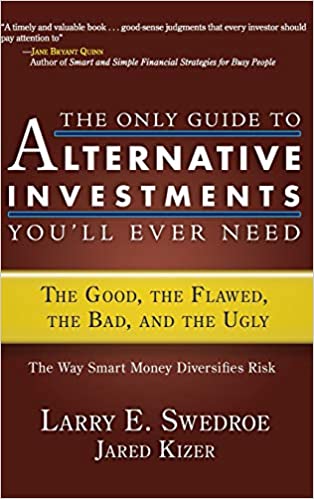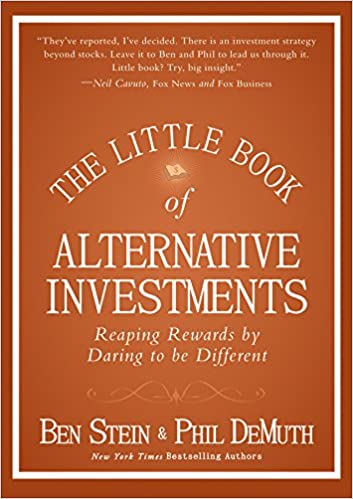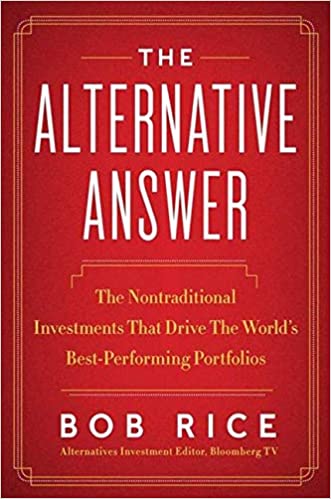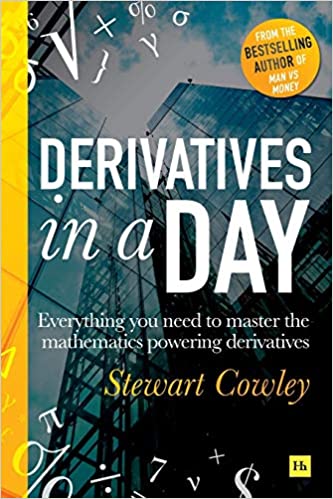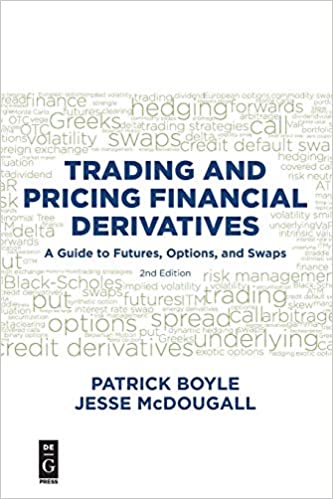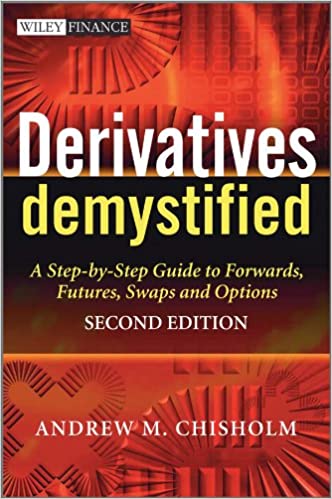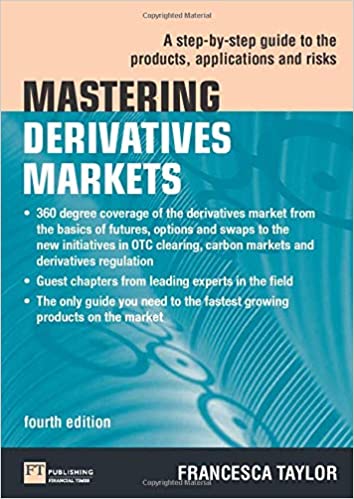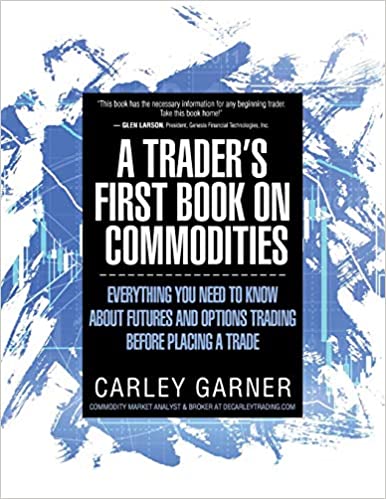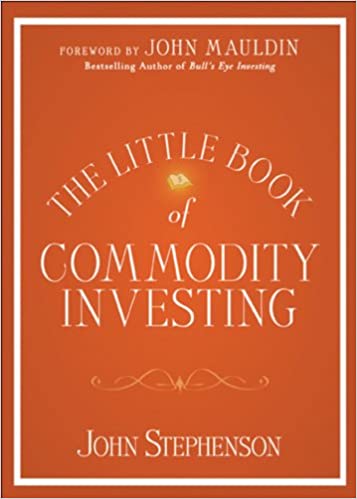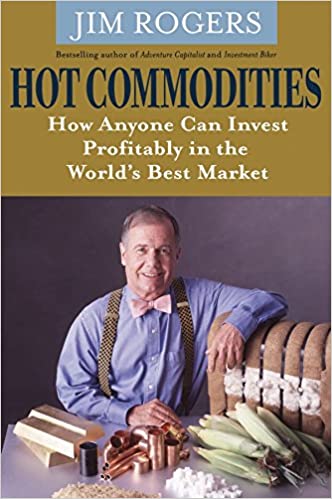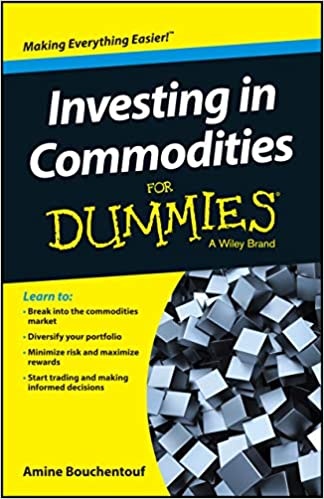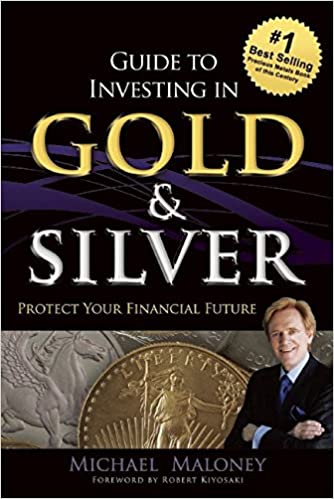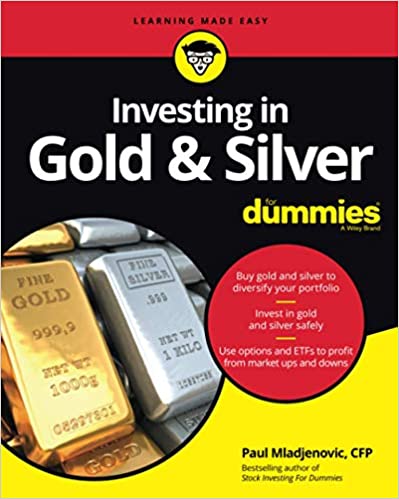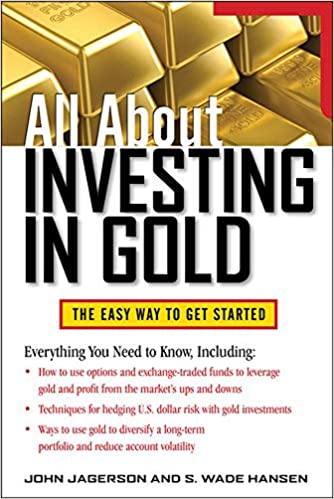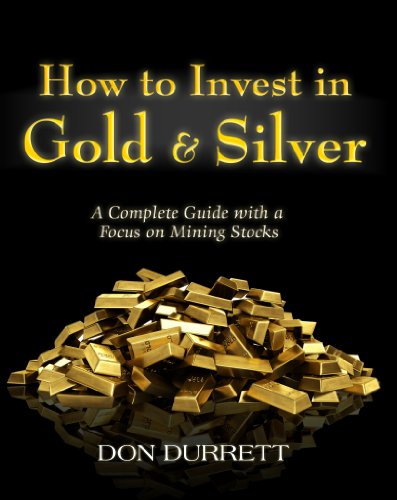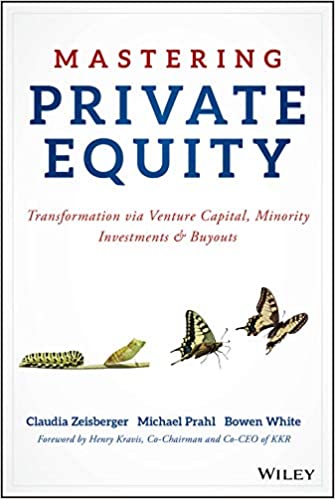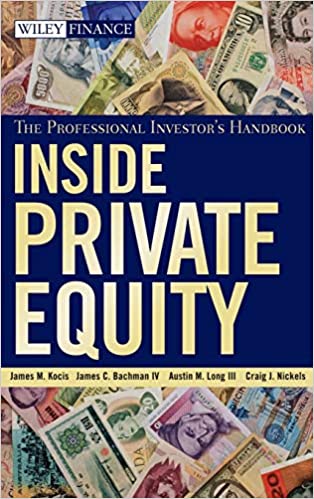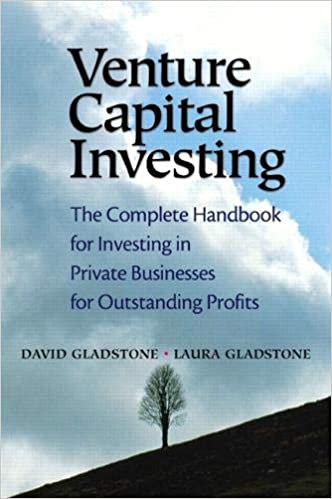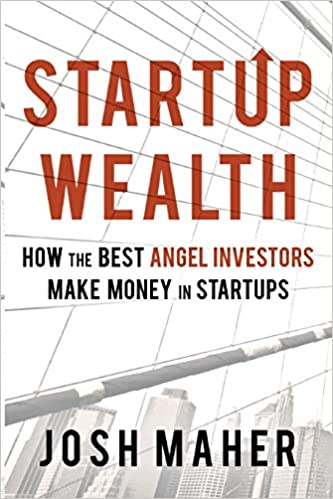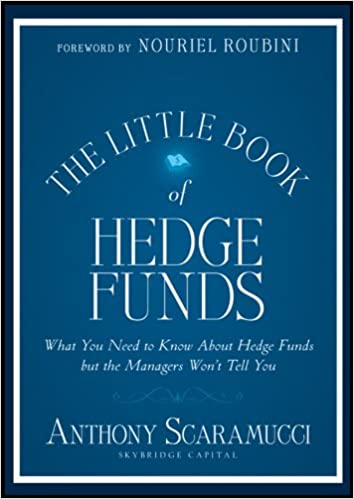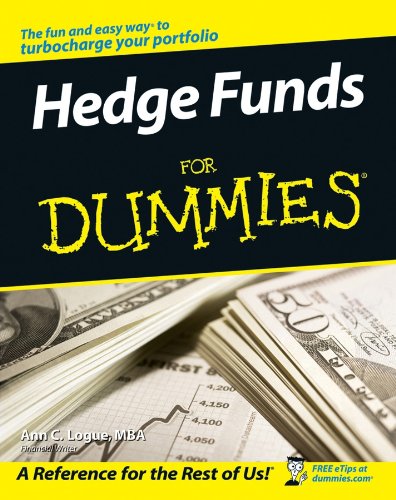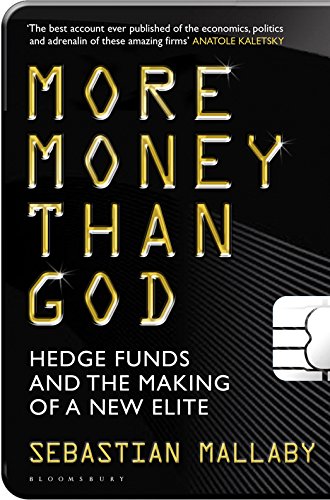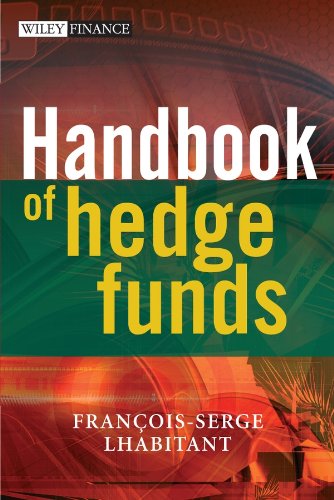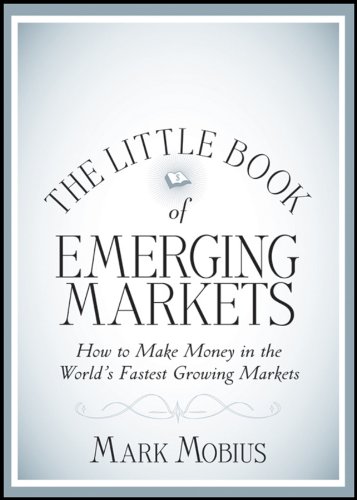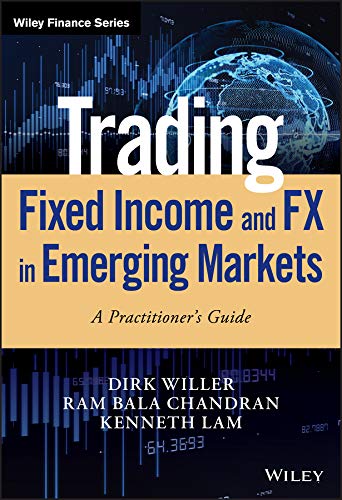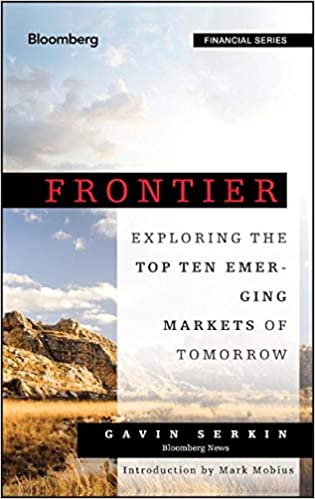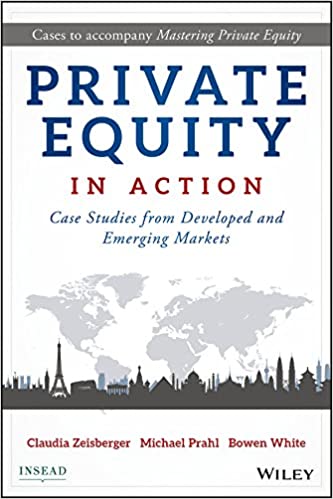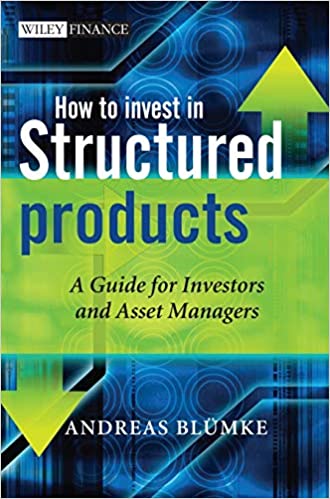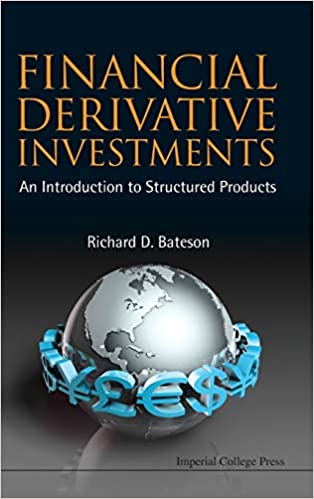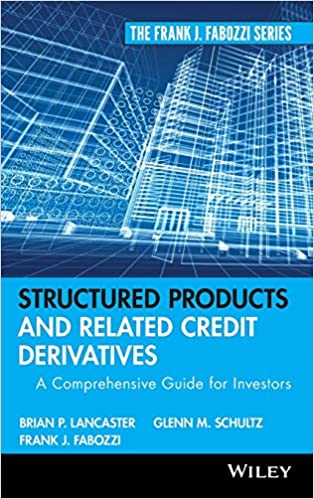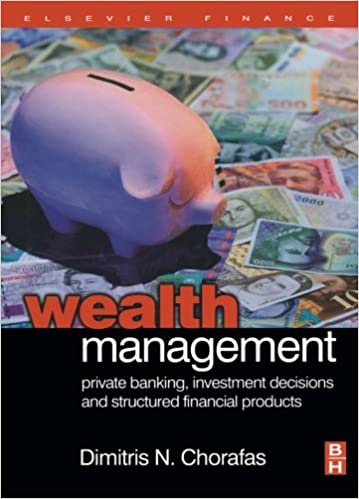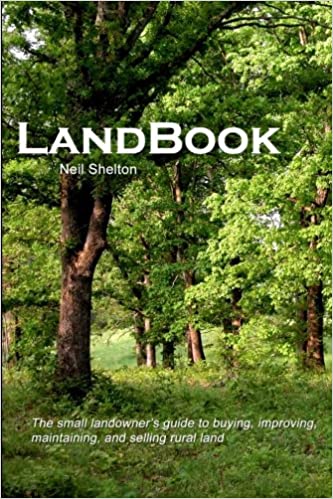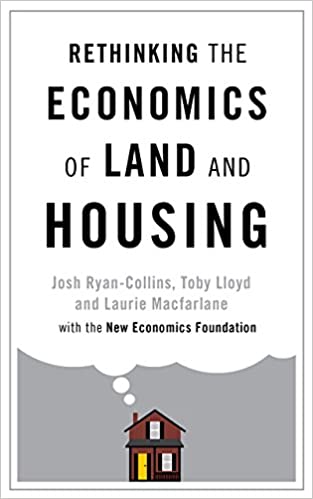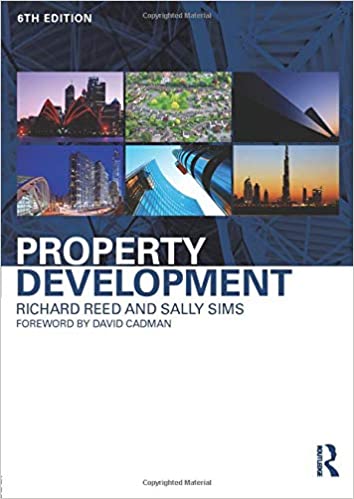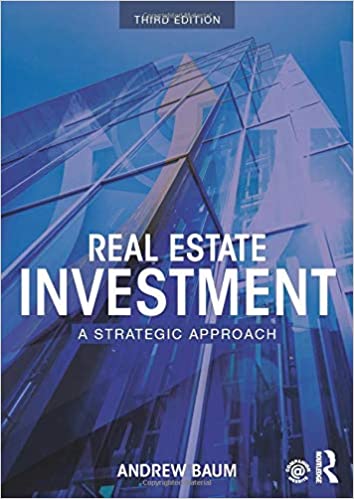Last updated: 20 December 2021. You've found my shortlists and overall top 5 ranking of the best alternative investment books available.
What are alternative investments?
Alternative investments are those which don't fall under the traditional asset classes such as equities, bonds, property and cash.
Alternative investments can offer returns exceeding 10% p.a. and reaching 30% p.a. However, returns are
They tend to contain the following risks:
- Higher volatility in price or valuation
- Lower liquidity - it may be difficult to access your investment or sell it at a fair valuation in an emergency.
- Unregulated - you may have fewer options for recourse if something goes wrong.
For this reason, they are suitable for sophisticated investors, and very experienced investors. They aren't generally recommended for retail investors, including beginners who are starting out.
The best alternative investment book categories
To make this guide comprehensive, we've included books that cover alternative investments in general, as well as featured shortlists of books which focus on individual asset classes which are considered as 'alternative'.
As an overview, here is a quick list of the alternative asset classes covered. If you want to go in-depth, follow the links below to visit the Financial Expert guide to that asset class, or a book pages featuring over 20 titles about that topic alone.
- Investing in derivatives (see our dedicated derivative books page)
- Investing in commodities (see our dedicated commodities books page)
- Investing in gold & silver (see our dedicated gold & silver books page)
- Investing in commodities (see our dedicated commodities books page)
- Investing in private equity (see our dedicated private equity books page)
- Investing in venture capital (see our dedicated venture capital books page)
- Investing in emerging markets (see our dedicated emerging markets books page)
- Investing in structured products (see our dedicated structured products books page)
- Investing in land (see our dedicated land books page)
Please browse freely below and I hope you discover a book you never thought to look for!
I've taken care to ensure that all of the books featured on this page are friendly to newcomers to the topic. With prices ranging from £5 - £60, stocking up on a few of the best alternative investment books can deliver the same value as an expensive seminar for only a fraction of the cost. They can even be read for free with Amazon's Kindle Unlimited free trial.
Click on any title below to see the latest price from Amazon, you'll be shocked at how affordable the most popular titles are. As an Amazon Associate, I earn a small commission from qualifying purchases which helps to support this site. This does not impact how I compile the list. Happy reading!
The best alternative investment books (for an overview)
The best books which offer an introduction to many alternative asset classes.Alternative investments: Gold and silver books
Simple guides to introduce gold and silver to new investorsAlternative investments: Private Equity & VC books
Books to satisfy the curiosity of investors considering an investment in the top UK venture capital trustsAlternative investments: Emerging markets books
How to extract the best returns from this high-risk asset classAlternative investments: Structured products books
Comprehensive introductions to this exciting and complex asset classAlternative investments: Land books
Well-rated land titles with specific reference to the UK marketDownload all these alternative investment books for free with Kindle Unlimited
You DON'T even need a Kindle device to download booksHere's a useful tip that will save you £100+ on alternative investment books. Sign-up to Amazon's Kindle Unlimited free trial, which offers access to all titles for free for 30 days.
- There's no obligation to continue with a paid subscription.
- You don't even need a Kindle to enjoy - any device will do.
If you're cost-savvy, you'll already be calculating the savings you could unlock and the knowledge you could gain by downloading 5 books over the next 30 days.
My Top 5 Alternative Investment Books for 2022
Click covers to see latest reviews and prices1. Alternative Investments - An Allocators Approach - Donald Chambers
Financial Expert Rating:
Synopsis:
"Whether you are a seasoned professional looking to explore new areas within the alternative investment arena or a new industry participant seeking to establish a solid understanding of alternative investments, Alternative Investments: An Allocator's Approach, Fourth Edition (CAIA Level II curriculum official text) is the best way to achieve these goals.
In recent years, capital formation has shifted dramatically away from public markets as issuers pursue better financial and value alignment with ownership, less onerous and expensive regulatory requirements, market and information dislocation, and liberation from the short-term challenges that undergird the public capital markets. The careful and informed use of alternative investments in a diversified portfolio can reduce risk, lower volatility, and improve returns over the long-term, enhancing investors' ability to meet their investment outcomes.
Alternative Investments: An Allocator's Approach (CAIA Level II curriculum official text) is a key resource that can be used to improve the sophistication of asset owners and those who work with them."
Who this book is for:
When beginning your learning alternative investment adventure - why start anywhere other than the guide to alternative investments.
This is literally the guide used by thousands of industry newcomers each year to understand the world of alternative investments.
Forget £1,000s in tuition fees - grab this copy for less than £100 and self-educate yourself using the best educational material available.
Currently rated 5 stars on Amazon.
Financial Expert Rating:
Synopsis:
Praise for the Little Book of Alternative Investments:
"Ben and Phil have done it again. Another lucid, insightful book, designed to enhance your wealth! In today's stock-addled cult of equities, there is a gaping hole in most investors' portfolios...the whole panoply of alternative investments that can simultaneously help us cut our risk, better hedge our inflation risk, and boost our return. This Little Book is filled with big ideas on how to make these markets and strategies a treasured part of our investing toolkit."
—Robert Arnott, Chairman, Research Affiliates
"I have been reading Ben Stein for thirty-five years and Phil DeMuth since he joined up with Ben ten years ago. They do solid work, and this latest is no exception."
—Jim Rogers, author of A Gift to My Children
Who this book is for:
I love The Little Book of Alternative Investments by Ben Stein and Phil DeMuth.
It's the way this book feels shorter than it actually is. At 288 pages, the little book is anything but. Yet the insightful (and entertaining) way that we are led through the topic of alternative investments made me feel like this was a shorter guide!
A great entry point into alternative investment asset classes, particularly hedge funds and commodities.
Financial Expert Rating:
Synopsis:
"Mastering Private Equity was written with a professional audience in mind and provides a valuable and unique reference for investors, finance professionals, students and business owners looking to engage with private equity firms or invest in private equity funds.
From deal sourcing to exit, LBOs to responsible investing, operational value creation to risk management, the book systematically distils the essence of private equity into core concepts and explains in detail the dynamics of venture capital, growth equity and buyout transactions.
Who this book is for:
Mastering private equity is a book clearly written with a professional audience in mind.
Blending content from both academics and practitioners in the field gives the book a great combination depth and breadth.
That's why I'm happy to place this title by Claudia Zeisberger at #5 in my best private equity books ranking.
Financial Expert Rating:
Synopsis:
"A comprehensive guide to the burgeoning hedge fund industry
Intended as a comprehensive reference for investors and fund and portfolio managers, Handbook of Hedge Funds combines new material with updated information from Francois-Serge L’habitant’s two other successful hedge fund books. This book features up-to-date regulatory and historical information, new case studies and trade examples, detailed analyses of investment strategies, discussions of hedge fund indices and databases, and tips on portfolio construction.
Francois-Serge L’habitant (Geneva, Switzerland) is the Head of Investment Research at Kedge Capital. He is Professor of Finance at the University of Lausanne and at EDHEC Business School, as well as the author of five books, including Hedge Funds: Quantitative Insights (0-470-85667-X) and Hedge Funds: Myths & Limits (0-470-84477-9), both from Wiley."
Who this book is for:
A comprehensive guide for those who are serious about immersing themselves in the world of hedge funds.
Whether you're new to hedge funds or you're already well acquainted, I personally recommend this book as the next step for you to discover more.
Financial Expert Rating:
Synopsis:
"The first book to explain the new world of alternative investing, showing how anyone can use non-traditional options to significantly increase returns and lower risks
The world's elite investors have long relied on alternative investments to produce superior returns. Until now, these strategies were the exclusive purview of institutions and the super wealthy, but today any informed investor can play the same game.
A rainbow of investment options—timber, start-ups, master limited partnerships (MLPs), hedged strategies, managed futures, infrastructure, peer-to-peer lending, farmland, and dozens of other non traditional strategies—can provide dramatically better gains, with less total risk, than the standard choices."
Who this book is for:
Whether you have a massive net worth, or want to must a modest amount to work in alternative investments. This book will help you learn exactly how to substantially improve investment performance—in the same way that the world's best investors already do.
Stocks and bonds alone aren't nearly enough. Investors need an alternative answer and now they have it in this book: The Alternative Answer.
The best alternative investment books are just the beginning

"What is freedom? Freedom is the right to choose: the right to create for oneself the alternatives of choice."
An alternative investment book is an invitation to think outside the box when it comes to what asset classes you include in your own investment portfolio.
Investing creatively
Alternative investing uses more creativity, because it encompasses essentially the 'balancing figure' of every conceivable investment opportunity.
Instead of simply buying shares, or investing in property, you could be investing in whisky, or wine!
The more creative, the better! After all, the more crowded a trading strategy or asset class becomes, the lower its returns become as prices rise and the risk premium edges ever lower.
What does an alternative investment opportunity look like?
Alternative investing doesn't need a brochure, an investment firm or a track record. It's more entrepreneurial by nature. (Read more: Entrepreneurship books).
That's partially because several alternative asset classes involve direct or indirect equity investment into small, high growth companies. This applies to; venture capital and private equity investments.
But even speculative purchases of other asset such as commodities, collectable assets or rare property requires an eye both on the product, and its future market. Ultimately, your investment returns will be capped by how much a future investor or consumer will be prepared to pay for your asset. This requires an ounce of marketing knowledge and veal!
Which alternative investment book offers the best place to start?
The array of possible options is such a dizzying array, that you may kick yourself for specialising too soon when picking investing books.
That's why the top picks in my ranking above are multi-asset class and don't focus too closely on any single opportunity.
Why close the door on a potentially lucrative investment before you at least discover what one or two expert authors have to say about it?
Explore the best books in more genres
General personal finance
Trading the financial markets



